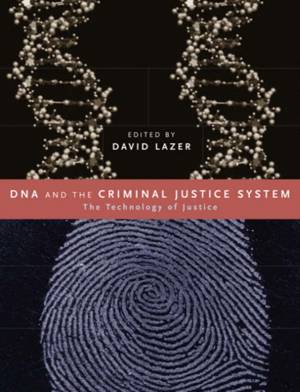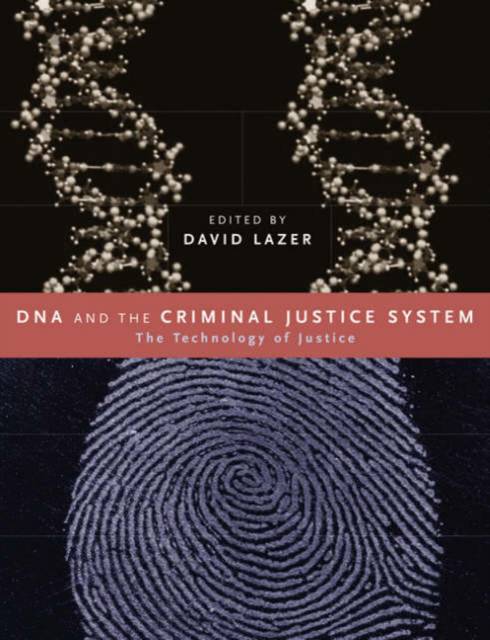
- Retrait gratuit dans votre magasin Club
- 7.000.000 titres dans notre catalogue
- Payer en toute sécurité
- Toujours un magasin près de chez vous
- Retrait gratuit dans votre magasin Club
- 7.000.0000 titres dans notre catalogue
- Payer en toute sécurité
- Toujours un magasin près de chez vous
DNA and the Criminal Justice System
The Technology of Justice
Description
Is DNA technology the ultimate diviner of guilt or the ultimate threat to civil liberties? Over the past decade, DNA has been used to exonerate hundreds and to convict thousands. Its expanded use over the coming decade promises to recalibrate significantly the balance between collective security and individual freedom. For example, it is possible that law enforcement DNA databases will expand to include millions of individuals not convicted of any crime. Moreover, depending on what rules govern access, such databases could also be used for purposes that range from determining paternity to assessing predispositions to certain diseases or behaviors. Thus the use of DNA technology will involve tough trade-offs between individual and societal interests.
This book, written by a distinguished group of authors including U.S. Supreme Court Justice Stephen Breyer, explores the ethical, procedural, and economic challenges posed by the use of DNA evidence as well as future directions for the technology. After laying the conceptual historical, legal, and scientific groundwork for the debate, the book considers bioethical issues raised by the collection of DNA, including the question of control over DNA databases. The authors then turn to the possible genetic bases of human behavior and the implications of this still-unresolved issue for the criminal justice system. Finally, the book examines the current debate over the many roles that DNA can and should play in criminal justice.
Spécifications
Parties prenantes
- Editeur:
Contenu
- Nombre de pages :
- 414
- Langue:
- Anglais
- Collection :
Caractéristiques
- EAN:
- 9780262621861
- Date de parution :
- 22-10-04
- Format:
- Livre broché
- Format numérique:
- Trade paperback (VS)
- Dimensions :
- 182 mm x 229 mm
- Poids :
- 675 g

Les avis
Nous publions uniquement les avis qui respectent les conditions requises. Consultez nos conditions pour les avis.





